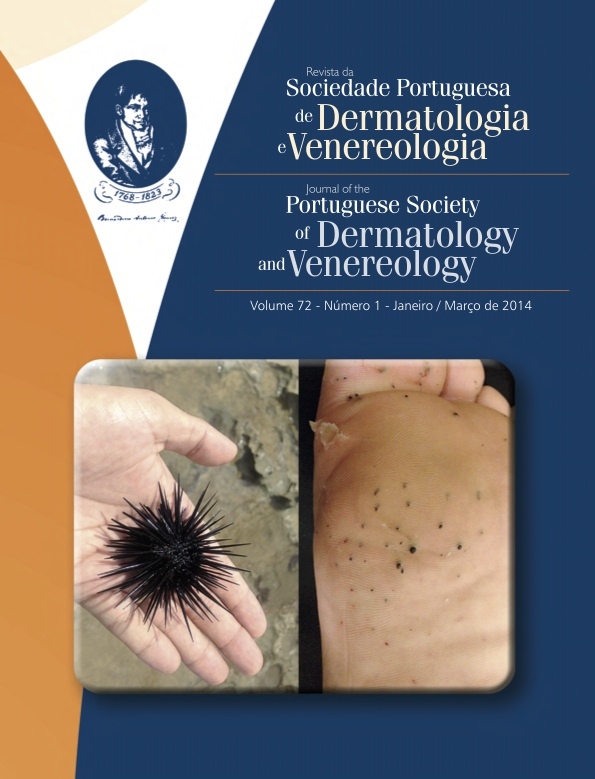BIOLOGIC THERAPY IN ATOPIC ECZEMA
Abstract
Atopic eczema is a common inflammatory skin disease, affecting up to 20% of children and 3% of adults in industrialized countries. Most cases of atopic eczema are mild to moderate and will be adequately managed with topical therapy. Persistent or severe cases may require periods of systemic treatment, which can be broadly grouped into conventional and biologic agents. Conventional systemic agents are associated with potential toxicities that limit the continued use and often do not provide adequate therapeutic responses. More recently, biologic agents have been proposed for the treatment of severe atopic eczema, holding promise for a more targeted and less toxic approach. However, none of the biologics have been approved for atopic eczema therapy yet. At present, its off-label use is advisable only in severe atopic eczema refractory to conventional treatments. In this report, the authors comprehensively review the literature regarding the use of biologic therapy in severe EA.
Downloads
All articles in this journal are Open Access under the Creative Commons Attribution-NonCommercial 4.0 International License (CC BY-NC 4.0).








